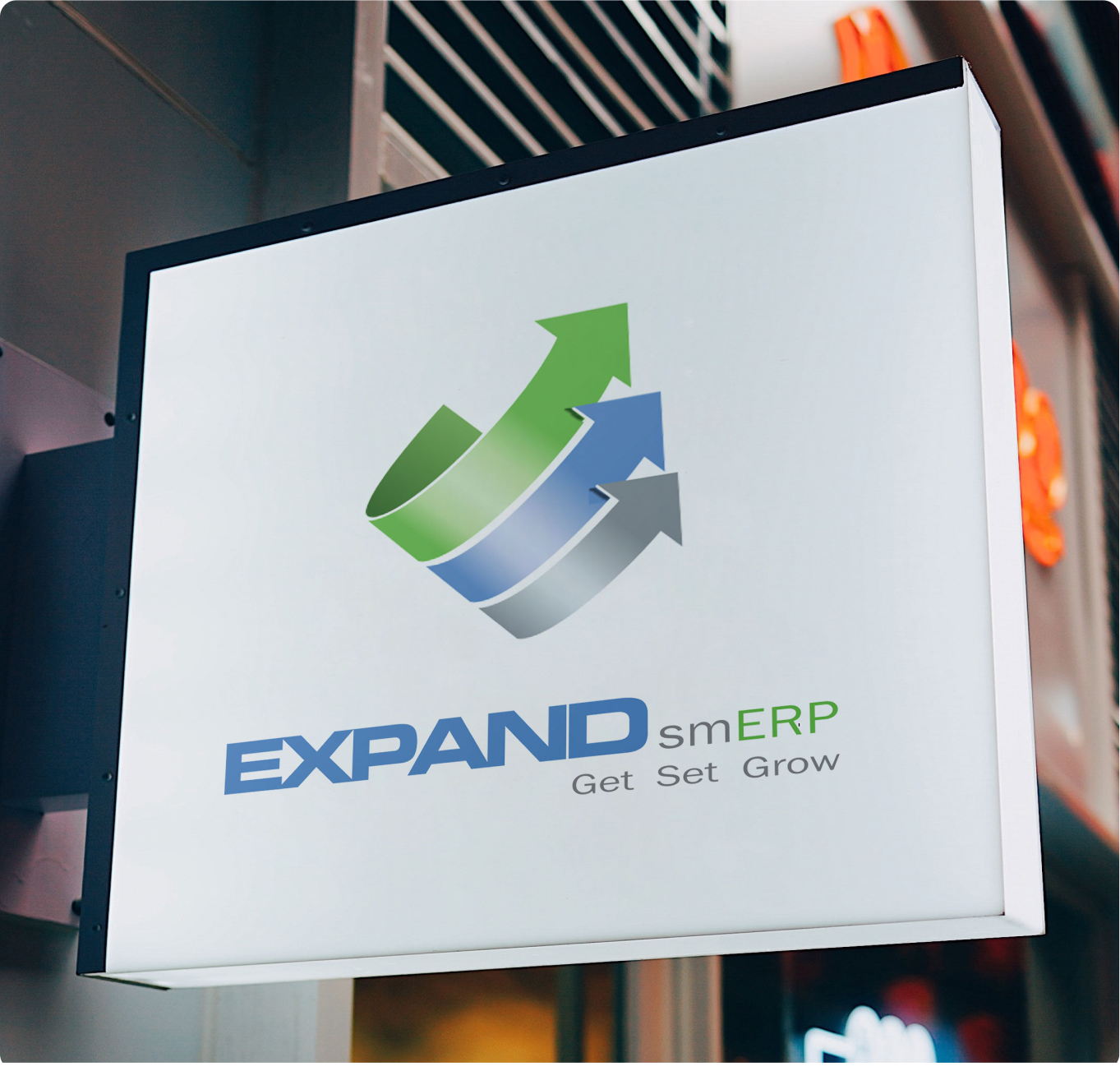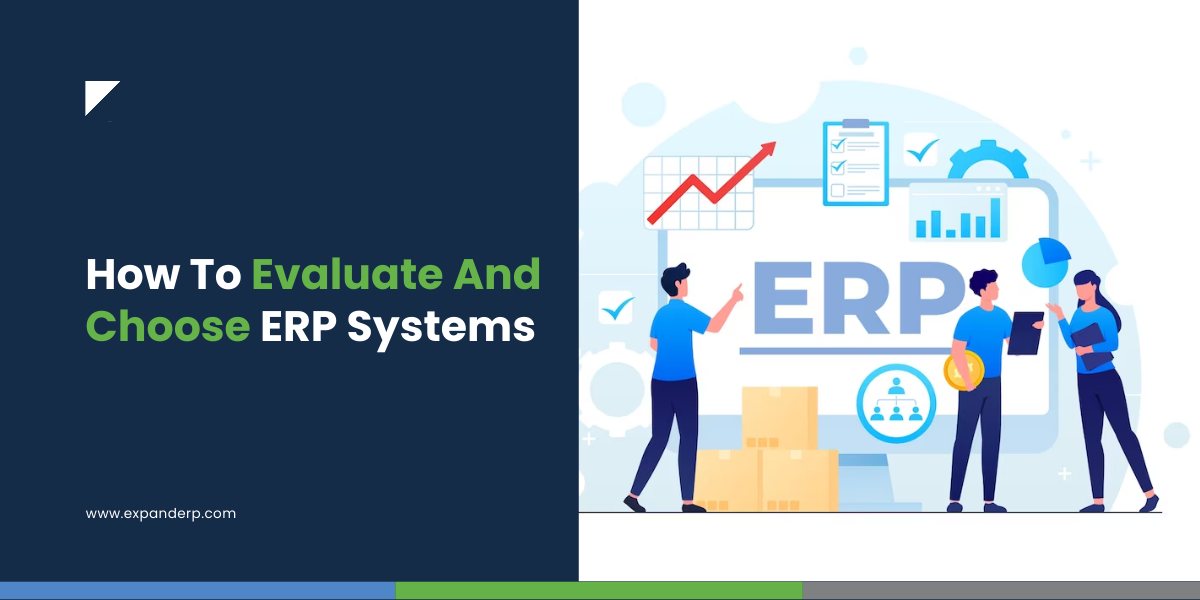Request for Callback
Fill out this form to download.

Fill out this form to download.
Thank You!
Your request for a callback has been successfully submitted. Our team will get in touch with you shortly. We appreciate your patience and look forward to speaking with you soon.
If you have any urgent concerns, please feel free to contact us directly at
+91 9007026542 or email us at [email protected]
Thank You for Your Interest!
Your request to unlock the free demo has been successfully submitted. Please check your email for further instructions and a link to access the demo. We hope you enjoy exploring the features and capabilities of our product.
If you have any questions or need further assistance, please feel free to contact us directly at
+91 9007026542 or email us at [email protected]
The brochure has been sent to your email. Kindly check your inbox, and if it’s not there, please check your spam or junk folder.
We've send a verification code to your phone
Just fill-in the details below and we will get in touch with you within 48hrs, maybe sooner.If it is important feel free to call Ritisha on +91 9007026542.
Thank you for your interest in Expand smERP. A product expert will call you within 48 hours, maybe sooner. If it is important please feel free to call Ritisha on +91 9007026542.
Thank you for your interest in expandsmERP. The login credentials have been sent to your email. Kindly note that these credentials are valid for 3 days.
Thanks for sharing your information For any queries, feel free to contact us at 9007026542.

Enterprise Resource Planning (ERP) systems are crucial to the success of many businesses. These software solutions integrate all of a company's core business functions, including finance, HR, procurement, inventory, and more. Choosing the right erp for production is a critical decision that can impact your company's efficiency, profitability, and growth. This article reveals How To Evaluate And Choose ERP Systems that meet your business needs.
An ERP (Enterprise Resource Planning) system is a software platform designed to integrate and streamline business processes and data across multiple organizational departments and functions. It provides a centralized and unified view of an organization's operations and resources, including finance, human resources, procurement, inventory, manufacturing, and more. An erp software inventory management can help organizations improve efficiency, reduce costs, enhance collaboration, and make more informed decisions based on real-time data.
ERP systems are expensive and time-consuming to implement, so choosing the wrong one can be a costly mistake. Implementing an ERP system that doesn't meet your business needs can lead to inefficiencies, lost productivity, and missed opportunities. That's why a thorough ERP for manufacturing industry is essential before making a decision.
By evaluating and choosing an erp system, you can:
Determine which ERP system will best meet your business needs.
Identify any potential erp implementation process challenges.
Understand the total cost of implementing erp system and the cost of ownership (TCO) of each ERP system.
Informed decision-making to help your business succeed.
A good ERP system is one that meets business requirements, is easy to use, and is supported by a reliable vendor. Here are some of the most important features to look for when choosing an erp system of a company.
Recommended: How To Integrate The Supply Chain In Leather Industry
Comprehensive Functionality: A good ERP system should have comprehensive functionality that meets your business requirements. This includes features such as financial management, inventory management, procurement, and human resources.
Customization Options: While the ERP system should meet your business requirements out of the box, there may be situations where customization is necessary. A good ERP system should have customization options that are flexible and easy to use.
Scalability: As your business grows, your ERP system should be able to scale with it. A good ERP system should accommodate increased transaction and data volumes without compromising performance or stability.
Read More: Expand Presents eziSALES for Easy Contact and Leads Management
Integration Capabilities: A good ERP system should have integration capabilities that allow it to integrate with other systems in your technology stack, such as customer relationship management (CRM) systems or supply chain management (SCM) systems.
Vendor Support: The ERP system should be supported by a reliable vendor that offers comprehensive training, technical support, and regular updates and upgrades to the system.
Choosing the right ERP software for your organization can be a daunting task, but following these steps on How To Evaluate And Choose ERP Systems can help simplify the process:
The first step in erp system options and selection methods is to define your business requirements. What do you want the ERP system to accomplish? What are the critical business processes that the ERP system needs to support? Which departments will use the ERP system? Defining your business requirements will help you identify which ERP system will best fit your business.
Once you have defined your business requirements while doing an evaluation of erp system, you can begin researching potential ERP systems. You can start by researching ERP systems online or by asking for recommendations from industry peers. It's essential to narrow your search to ERP systems with a proven track record in your industry.
Once you have a list of potential ERP systems, you can begin evaluating their features as part of the evaluation and selection of erp package. This involves looking at each ERP system's capabilities and comparing them to your business requirements. You should pay close attention to inventory management, financial management, human resources, and reporting features. You may also want to consider the ERP system's ease of use and flexibility.
It can be a highly complex and difficult process to implement an ERP system; that’s why it is imperative to evaluate the erp system implementation process of each ERP system and supporting service. You should ask questions like:
What is the typical implementation timeline for this ERP system?
Will the ERP system require customization, and if so, how much will it cost?
What kind of training and support is offered for the ERP system?
Finally, you should evaluate each ERP system's total cost of ownership (TCO) as part of the erp software selection process. This includes the upfront costs of purchasing and implementing the system and ongoing costs such as maintenance, upgrades, and support. You should also consider the potential ROI of each ERP system.
In conclusion, choosing the right erp business management software for your organization is a critical decision that requires careful evaluation and preparation. By defining your business requirements, evaluating potential ERP systems, and preparing for implementation, you can ensure that your organization benefits from the increased efficiency, improved visibility, and cost savings that an ERP system can provide. With proper planning evaluation and selection of erp systems and execution, an ERP system can help your organization stay competitive and succeed in today's rapidly evolving business landscape.
A good ERP system is one that meets your business requirements, is easy to use, and is supported by a reliable vendor. It should have comprehensive functionality, customization options, scalability, integration capabilities, and reliable vendor support.
ERP evaluation is important because it helps companies determine which ERP system will best meet their business needs, identify potential implementation challenges, understand the total cost of ownership of each ERP system, and make an informed decision that will help their business thrive.
The process of evaluating an ERP system involves defining your business requirements, researching potential ERP systems, evaluating ERP system features, evaluating implementation and support, and evaluating the total cost of ownership.
ERP systems are important to companies because they improve efficiency, provide better visibility into key business metrics, enhance collaboration, and can lead to cost savings.
To choose the right ERP software for your organization, define your business requirements, research potential ERP systems, evaluate ERP system features, evaluate implementation and support, and evaluate the total cost of ownership.
Hosted on Certified Data Centers for Highest Level of Data Protection and Reliability.






